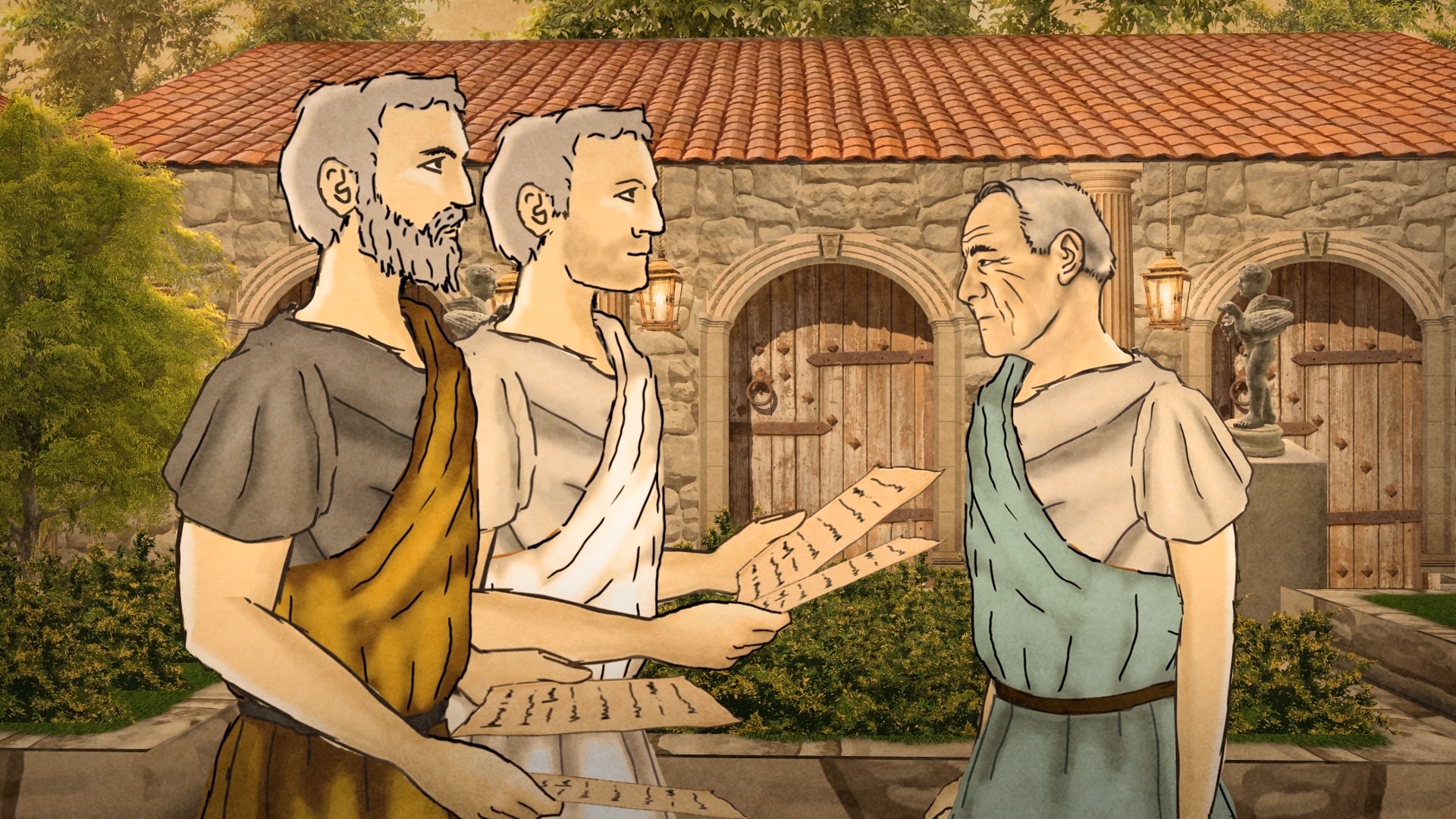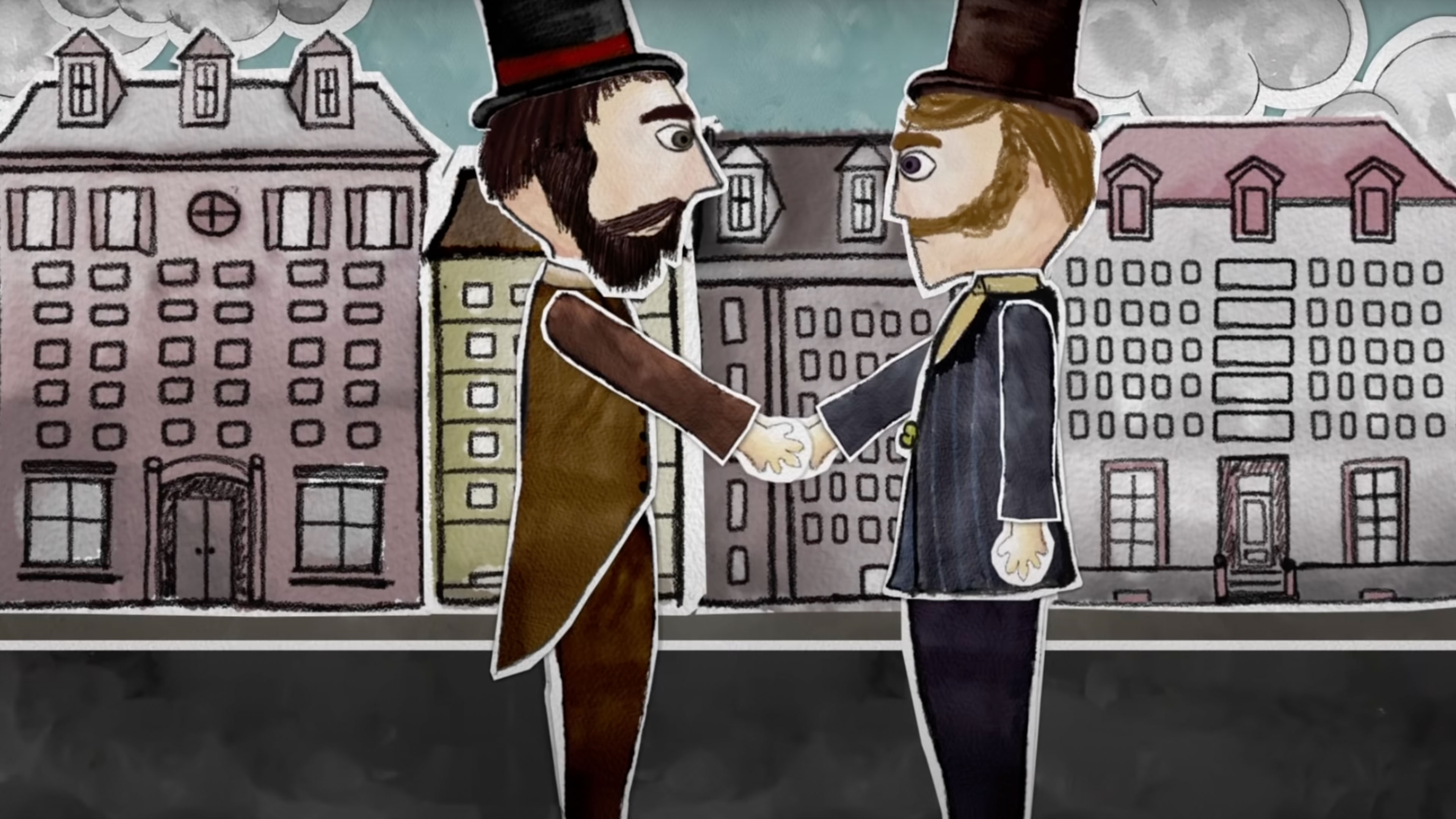Richard A. Epstein is the Laurence A. Tisch Professor of Law, at New York University, the Peter and Kirstin Senior Fellow at the Hoover Institution , and the James Parker Hall Distinguished Service Professor Emeritus and Senior Lecturer, the University of Chicago. He received an LL.D., h.c . from the University of Ghent, 2003 , and an LLD h.c . from the University of Siegen in 2018 and the Bradley Prize in 2011. He has been a member of the American Academy of Arts and Sciences since 1985. He has edited both the Journal of Legal Studies (1981-1991) and the Journal of Law and Economics (1991-2001). He is also a founder and director of the Classical Liberal Institute at NYU Law School. His most recent book is The Classical Liberal Constitution: The Uncertain Quest for Limited Government (2014). His other books include Takings: Private Property and the Power of Eminent Domain ( 1985); Bargaining with the State (1993); Simple Rules for a Complex World (1995); Principles for a Free Society: Reconciling Individual Liberty and the Common Good (1998); Skepticism and Freedom: A Modern Theory of Classical Liberalism (2003); Design for Liberty: Private Property, Public Administration and the Rule of Law (2011). He has taught courses in , administrative law, antitrust, constitutional, contracts, environmental law, land use planning; real property, torts and water law. He has written and spoken extensively on a wide range of topics, and is writes a regular column for Defining Ideas.
*****
A person listed as a contributor has spoken or otherwise participated in Federalist Society events, publications, or multimedia presentations. A person's appearance on this list does not imply any other endorsement or relationship between the person and the Federalist Society. In most cases, the biographical information on a person's "contributor" page is provided directly by the person, and the Federalist Society does not edit or otherwise endorse that information. The Federalist Society takes no position on particular legal or public policy issues. All expressions of opinion by a contributor are those of the contributor.
The Administrative State: Friend or Foe?
Wisconsin Student Chapter
Wisconsin Law School975 Bascom Mall
Madison, WI 53706
Free Speech on Campus
Southern California Student Chapter
USC Gould School of Law699 W. Exposition Blvd, Room 118/120
Los Angeles, CA 90089
Trump's Legal Shield: Is Presidential Immunity a Blank Check?
California-Berkeley Student Chapter
Room 105Law Building
Berkeley, CA 94720
15th Annual Rosenkranz Debate & Luncheon
2023 National Lawyers Convention
The Mayflower Hotel1127 Connecticut Avenue NW
Washington, DC 20006
Can a Textualist Approach to the Constitution Create a More Limited Government?
Los Angeles Lawyers Chapter & Southwestern Law School Student Chapter
Southwestern Law School, Bullocks Wilshire 2nd Floor3050 Wilshire Blvd.
Los Angeles, CA 90010
15th Annual Rosenkranz Debate & Luncheon
2023 National Lawyers Convention
The 2023 National Lawyers Convention will take place November 9-11, 2023 at the Mayflower Hotel...
15th Annual Rosenkranz Debate & Luncheon
2023 National Lawyers Convention
The 2023 National Lawyers Convention will take place November 9-11, 2023 at the Mayflower Hotel...
Young Legal Scholars Paper Presentation
24th Annual Federalist Society Faculty Conference
Featuring: Prof. Ilan Wurman, "Reversing Incorporation," Associate Professor, Arizona State University, Sandra Day O'Connor College...
Panel: Politicization of the Economy
24th Annual Federalist Society Faculty Conference
The role of our democratically responsive institutions—and the legislature in particular—is increasingly performed by private...
A Seat at the Sitting - January 2023
The January Docket in 90 minutes or Less
Each month, a panel of constitutional experts convenes to discuss the Court’s upcoming docket sitting...

Introduction to Common Law
Can simple rules solve social coordination problems better than regulations? Professor Richard Epstein of NYU School of Law provides an alternative to the conventional view...

Approaches to Studying Roman Law
Is Roman Law a primitive system? Conversely, is it too complex for the average lawyer to understand? Professor Richard Epstein discusses the importance and durability...

Property and the Common Law
Are property rights arbitrary creations of the state, able to be changed at any time? Or is there some deeper principle at work? Professor Richard...

Introduction to Contracts
This module covers some basic concepts in Contract Law. What are the necessary parts of a contract? When might a contract be unenforceable? What role...

The Roman Law of Persons
What laws and norms governed Roman society and do they have any bearing on our modern understanding of personal rights? Professor Richard Epstein explains Roman...

The Roman Theory of Property Rights
Do Roman property laws resemble modern laws at all? What are some of the most striking similarities and differences? Professor Richard Epstein focuses on the...

The Roman Law of Contracts
What types of contracts did the Romans utilize? Professor Richard Epstein explains basic Roman contracts, and specific types such as those governing partnerships and wills....

The Roman Law of Tort
How did the Romans think about torts like theft, nuisance, and assault? Professor Richard Epstein posits that understanding Roman concepts about causation can help us...

Common Law and Contracts
What kinds of agreements are covered by the law of contracts? Professor Richard Epstein of NYU School of Law gives a basic definition, then goes...



















